D.C. activists protest lack of justice for transgender victims of crime
Demonstrators say the judicial system doesn't seem to value the lives of transgender individuals

Several dozen transgender activists and their allies demonstrated outside the H. Carl Moultrie Courthouse, which houses D.C. Superior Court, to protest what they say is a lack of justice for transgender victims of crime.
The rally, organized by local transgender activists, many of whom are affiliated with LGBTQ community center Casa Ruby, demanded that the U.S. Attorney’s Office for the District of Columbia, judges in D.C. Superior Court, and D.C. citizens who serve on juries in criminal cases, begin taking seriously the violence faced by transgender and gender-nonconforming individuals in the District and hold perpetrators of that violence accountable.
Organizers of the demonstration say that there are at least 19 murders of transgender women in the District of Columbia, spanning back almost two decades, that either remain unsolved or where the perpetrator was not brought to justice.
“We gather here today to honor our fallen sisters who have become victims of violence,” said Bella Monet, herself a victim of anti-trans violence at the hands of two men who were arrested but eventually released without being charged with a crime. “This means a lot to me to see everyone here, trying to get justice for our sisters, because they’re not here to express their voices. But we can express their voices for them.”
The rally specifically focused on two high-profile murder cases where the alleged perpetrators were never punished with jail time: the February 2012 stabbing of Deoni Jones at a bus stop in Northeast D.C., and the July 2016 shooting of Deeniquia “Dee Dee” Dodds, also in Northeast D.C.
The prime suspect in Jones’ murder, Gary Niles Montgomery, went to trial on a charge of first-degree murder, but was found not guilty by a D.C. Superior Court jury in August 2017 after Montgomery’s lawyers successfully raised suspicions about whether eyewitnesses to the crime correctly identified their client as Jones’ assailant.
Last week, a D.C. Superior Court jury deadlocked on deciding whether to convict 28-year-old Jolonta Little and 23-year-old Monte Johnson on 16 various charges, including first-degree felony murder while armed, robbery while armed, conspiracy, assault with a dangerous weapon, and assault with intent to commit robbery while armed.
The jury eventually dismissed seven charges related to possession of a firearm during a crime of violence against Little, but found him guilty on one count of carrying a pistol without a license outside of the home or business. The jury also dismissed five similar weapons-related charges against Johnson. But because the jury deadlocked on the other charges, Judge Milton C. Lee was forced to declare a mistrial.
During the trial, prosecutors claimed that Johnson, Little, and two other men had conspired to target transgender women for armed robberies based on the belief that they’d be able to steal large amounts of money from transgender sex workers, whom they saw as easy targets.
The two other men, 25-year-old Shareem Hall and 23-year-old Cyheme Hall, were initially charged with first-degree murder but were able to obtain a deal in which they pleaded guilty to second-degree murder in exchange for their cooperation with prosecutors and willingness to testify for the government at trial. At trial, Cyheme Hall testified that Johnson was the one who delivered the fatal shot that killed Dodds.

Outside of the courthouse, demonstrators held up transgender and gay pride flags, banners and colorful cardboard signs bearing the hashtags #TransLivesMatter, #Justice4Deoni, #Justice4DeeDee, and #WeWontBeErased.
“We must change the narrative that is telling out young people that their lives have no value,” said Ruby Corado. “We must begin to show them that we care. We must begin to show them that their future is important to us.
“Just last week, we sat in a courtroom in this building and witnessed how the judicial system failed all of us. It failed Dee Dee Dodds. It failed Deoni Jones. It failed the other transgender women of color who died on the streets of D.C. and their murders are still cold cases,” added Corado. “But we’re going to change that. This is just the beginning of us coming together and telling the world, telling the leaders of this city that enough is enough.”
“We know that in D.C., the city that most of us call home, trans people, in particular black trans people are hurting, and that they deserve better,” said Mateo De La Torre, a transgender man who serves as the racial and economic justice policy advocate at the National Center for Transgender Equality. “Just like us in the District, trans folks around the country are hurting because our people keep being taken from their friends and families.
“Right now, from where I stand, it seems like society and the justice system don’t value black trans lives,” De La Torre continued. “And we’re here to say we renounce a justice system that fails to recognize that black trans lives do have value and do matter. We have to make sure that every one of these murders is fully investigated, and that there is justice at the end of that justice system. We’ve got to demand a society where people don’t think someone’s life is cheap just because they’re trans, or because they’re black, or because they’ve traded sex.
“I don’t know if there’s a simple solution here for Dee Dee or Deoni, but I do know that they deserved a life free of the violence that they had to face in the first place. It should have never happened,” he concluded. “…As we fight for justice for those we’ve lost, we must also fight like hell for justice for those that still live. We mustn’t forget the countless trans black women who live in the District, who have faced similar types of violence and lived to tell their truth, so that no other transgender person has to endure what Dee Dee and Deoni did.”

Achim Jeremiah Howard, the founder of TransMen Rising, lamented the lack of convictions for those accused of violence against transgender individuals, quoting Martin Luther King, Jr.’s statement that “Our lives begin to end the day we become silent about things that matter.”
“How are you going to let people go free, and you already have all the evidence that’s needed?” Howard said, referring to evidence presented during the trial of the men accused of killing Dodds. “But you’re going to say they’re not guilty. Anytime you hurt somebody that is a crime, and the crime should fit the bill. They should be locked behind bars, and that’s where they should stay.
“Why are you letting them free? Because you’re trying to say that transgender individuals don’t matter,” he said. “You’re trying to say that you’re trying to erase us, and you’re trying to say we don’t have rights, and we’re not human beings.”
Some attendees even noted that police and prosecutors — as well as juries — seem to be more zealous about prosecuting transgender people for quality-of-life crimes, such as commercial sex work, while showing more leniency toward people who commit violence against transgender people.
“We have got to say enough is enough,” transgender activist and community health advocate Dee Curry said. “Locking us up for commercial sex work and letting people go who kill us and shoot us and make us victims is unacceptable. It’s unacceptable for this administration to say we are invisible and that we don’t matter. It’s unacceptable for this city, for the mayor and the police department to say they support us, and only half-support us when it comes to our lives being taken.
“We cannot let this continue,” she added. “We have to take a stand. We have to come out and say to the populace that we belong here just as much as you belong here. And you should not attack us, you cannot attack us, you cannot discard us as not being equal, because we’re not going to accept this.”

A spokesman for the U.S. Attorney’s Office for the District of Columbia was not immediately available for comment.
Kisha Allure, the case manager of the Victims Services program at Casa Ruby, who works specifically with those who have been victimized by violence, said that transgender people need to speak up and demand that public officials and prosecutors take crimes committed against them more seriously.
“We have to be aware that we are no longer marginalized. We are human beings. And we have got to understand that it is important that we raise awareness for things like this,” Allure said. “We need to be proud of who we are. We are no longer going to sit back and be second to injustice.
“The fact that these young women lost their lives — in whatever time and whatever frame it was — it is no longer going to be accepted,” she added. “We deserve to walk this city, to walk this country, to be in this world equally.”
Support Metro Weekly’s Journalism
These are challenging times for news organizations. And yet it’s crucial we stay active and provide vital resources and information to both our local readers and the world. So won’t you please take a moment and consider supporting Metro Weekly with a membership? For as little as $5 a month, you can help ensure Metro Weekly magazine and MetroWeekly.com remain free, viable resources as we provide the best, most diverse, culturally-resonant LGBTQ coverage in both the D.C. region and around the world. Memberships come with exclusive perks and discounts, your own personal digital delivery of each week’s magazine (and an archive), access to our Member's Lounge when it launches this fall, and exclusive members-only items like Metro Weekly Membership Mugs and Tote Bags! Check out all our membership levels here and please join us today!





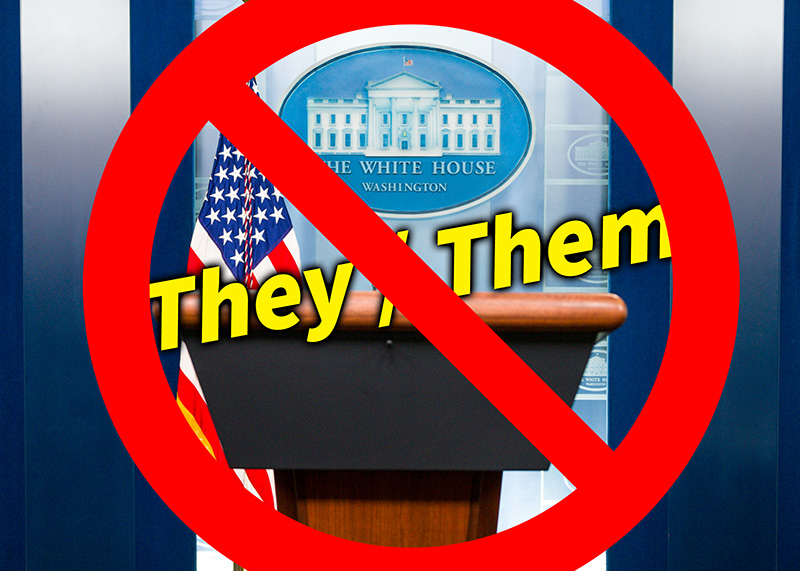

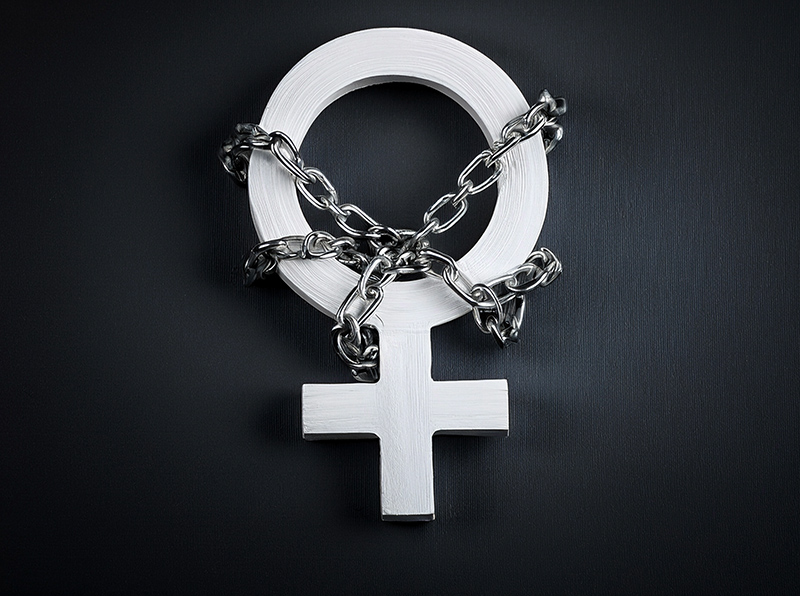















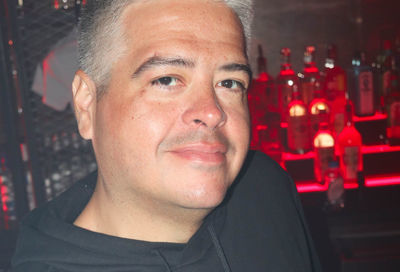
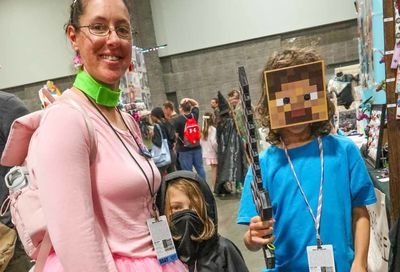
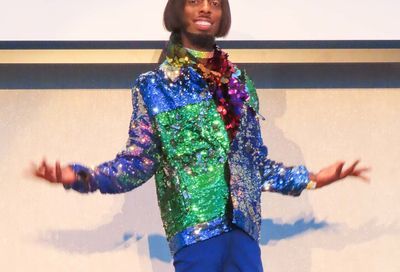
You must be logged in to post a comment.